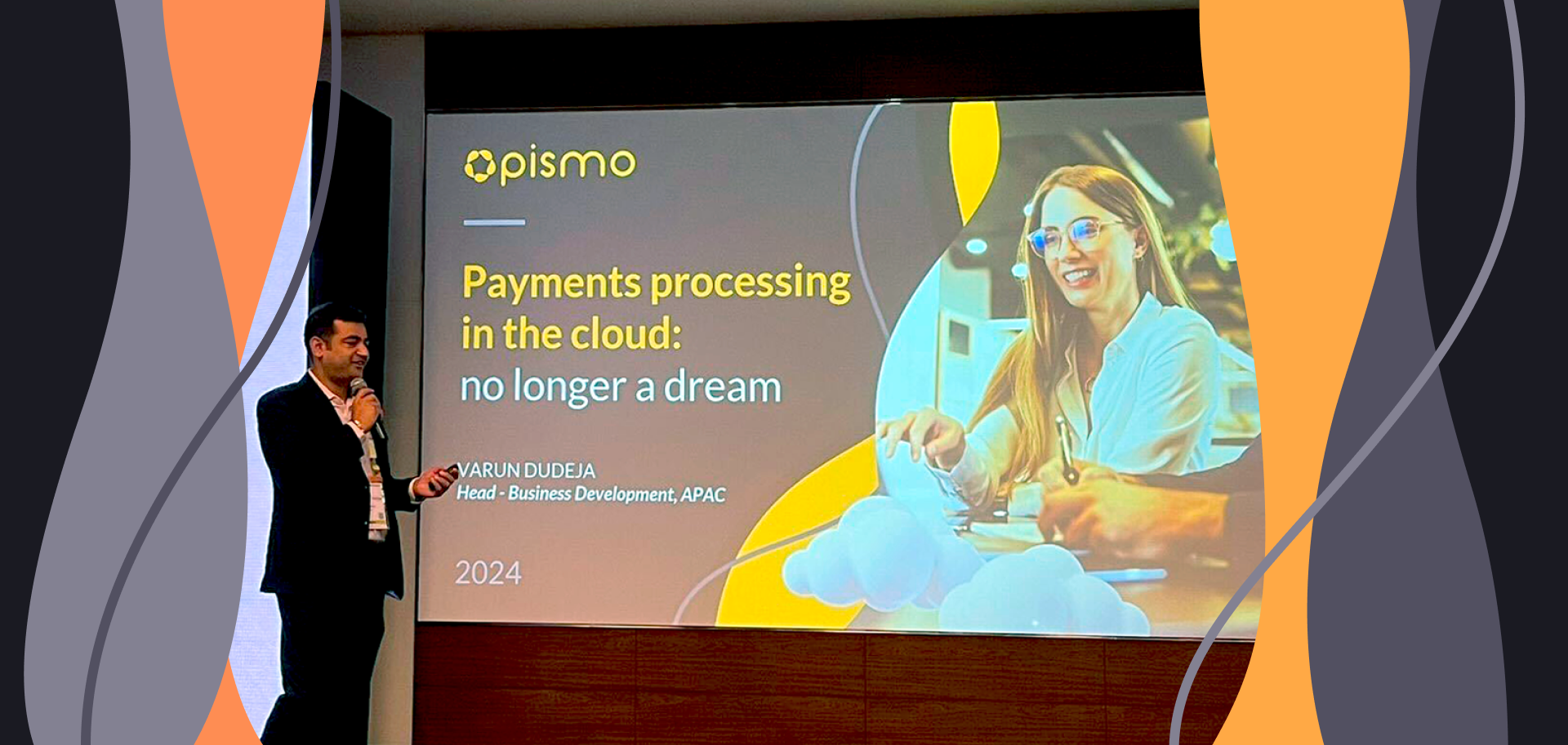Cloud technology is revolutionising the finance industry, transforming traditional banking practices into agile, customer-focused operations. No longer just an IT trend, cloud solutions are redefining how financial institutions manage operations, enhance customer interactions, and adapt to market changes. This shift marks a new era in finance, where cloud technology is integral to achieving growth and meeting evolving customer expectations.
Global Fintech Fest 2024: A crucible of innovation
As cloud technology continues to reshape the finance sector, the Global Fintech Fest 2024, which kicked off on 28 August, became a focal point for technological breakthroughs.
This convergence of industry pioneers and technology experts showcased the latest advancements shaping the future of financial services. With a spotlight on emerging trends and advancements, the event showcased how the fintech community is addressing current challenges and seizing future opportunities.
Pismo: A cloud pioneer makes its mark
At the Global Fintech Fest 2024, Pismo showcased its cloud-native core banking and payments platform. Participation in the Global Fintech Fest 2024 marked a meaningful step in our global expansion efforts.
Varun Dudeja, Head of Business Development for APAC at Pismo, shared Pismo’s experience in India: “Having established our presence in India in 2022, we’ve built a dedicated team and opened an office in Bangalore. Drawing on our global experience, we have worked with a range of clients, from established banks to emerging fintechs, helping them enhance their user experiences.”
A platform built for the future of finance
Pismo’s cloud-based platform offers a comprehensive suite of microservices and APIs for payment processing and core banking. These modular “building blocks” empower financial institutions to rapidly develop and deploy new products and services, ensuring they can keep pace with evolving market demands.
Dudeja emphasised the versatility of the offerings: “Our microservices and APIs for payment processing and core banking are tailored to meet the needs of financial institutions worldwide. Moreover, our local presence underscores our ability to customize and deliver solutions that align with the unique requirements of the Indian market.”
The scalability of Pismo’s cloud-native solution is particularly noteworthy. As Dudeja highlighted in his keynote speech at the Global Fintech Fest Event:
“Today, we handle close to $220 billion in transaction volume. We have more than 100 million accounts created on the platform, and we’re adding over 3 million new accounts every month.”
These figures are a testament to the platform’s robust architecture and ability to handle massive scale without compromising performance or security.
A growing presence in India
Pismo’s launch in India comes at an opportune time. The company has already garnered significant interest from financial institutions across the country. “So far, five banks and three fintechs are actively implementing the platform. Among them are City Union Bank, 42Cards, and Vegapay,” Dudeja noted.
This early traction in the Indian market underscores the growing demand for cloud-native financial solutions in one of the world’s fastest-growing economies.
Dudeja elaborated on their target audience: “We think banks are our major target [including] financial institutions with licences from RBI to launch financial products in the market. So that would include primarily banks, A2 licence holders, NBFCs, fintechs who are PPI, like prepaid payment instrument licence from RBI.”
A cloud-powered future
As the financial sector continues to evolve, the significance of cloud technology is becoming increasingly evident. Pismo’s successful debut at the Global Fintech Fest 2024 has further cemented our role in this transformation, both in the Indian market and globally.
As financial institutions continue to prioritize cloud adoption, platforms like Pismo are set to play a crucial role in shaping the future of finance.
As the finance sector advances into the cloud era, we at Pismo remain committed to guiding this transition, helping to deliver more efficient, adaptable, and customer-focused financial services.









